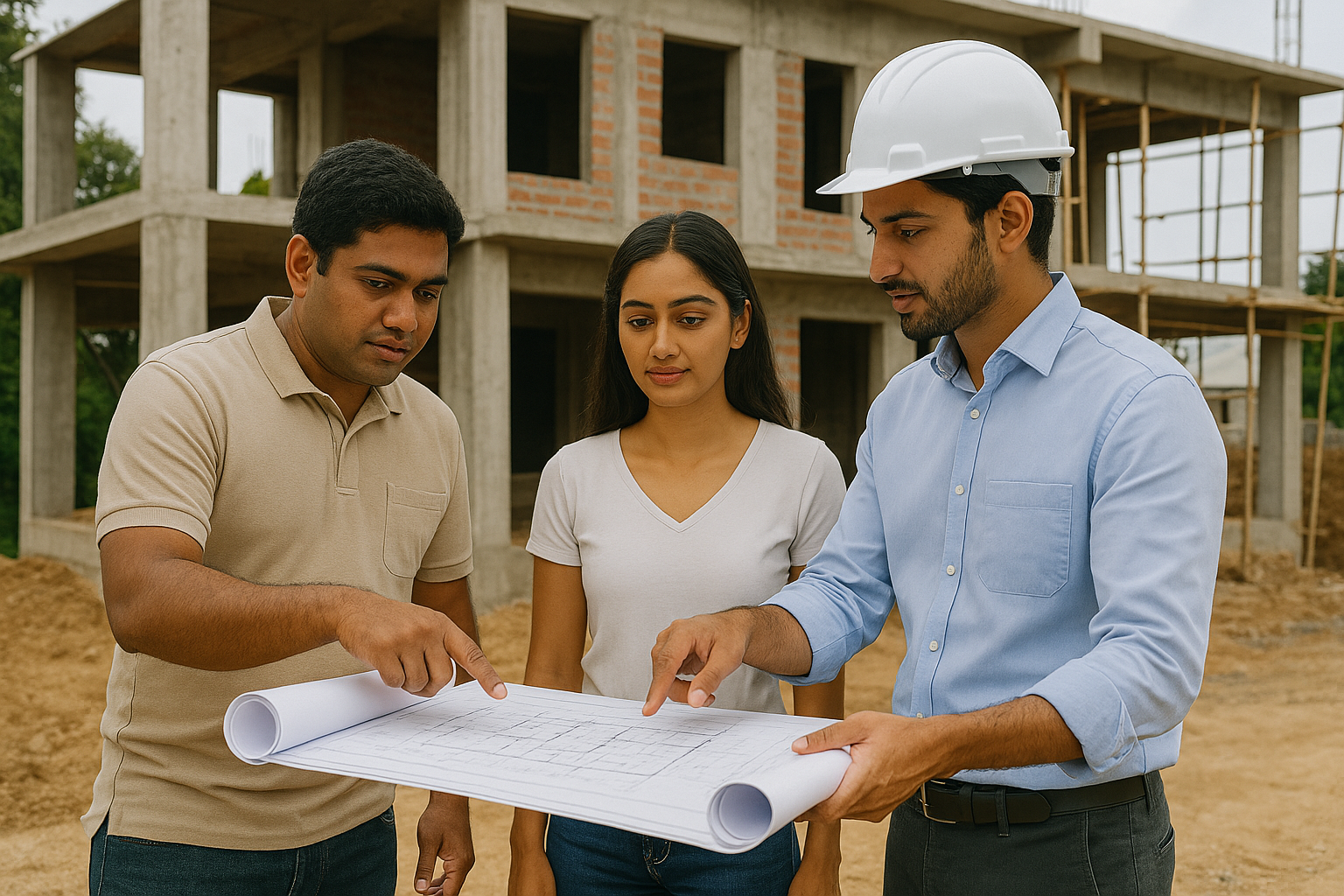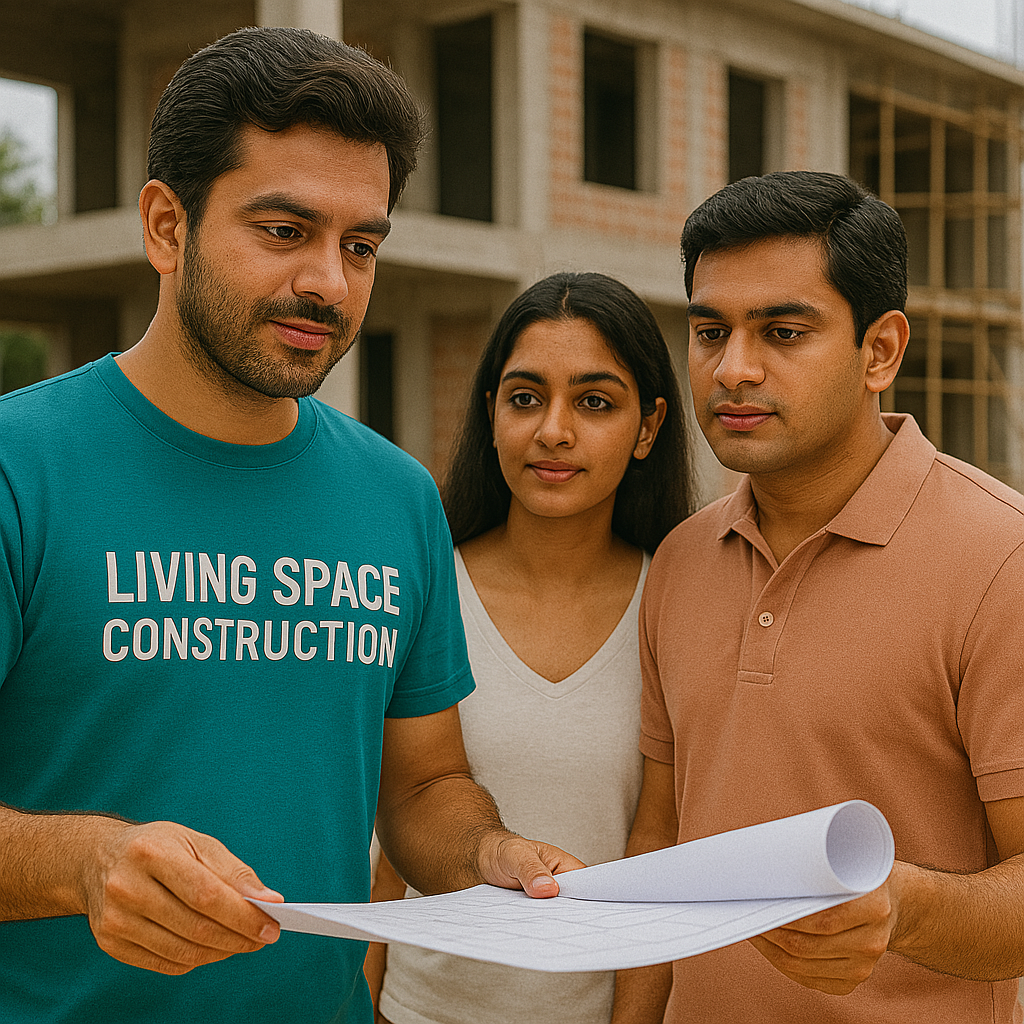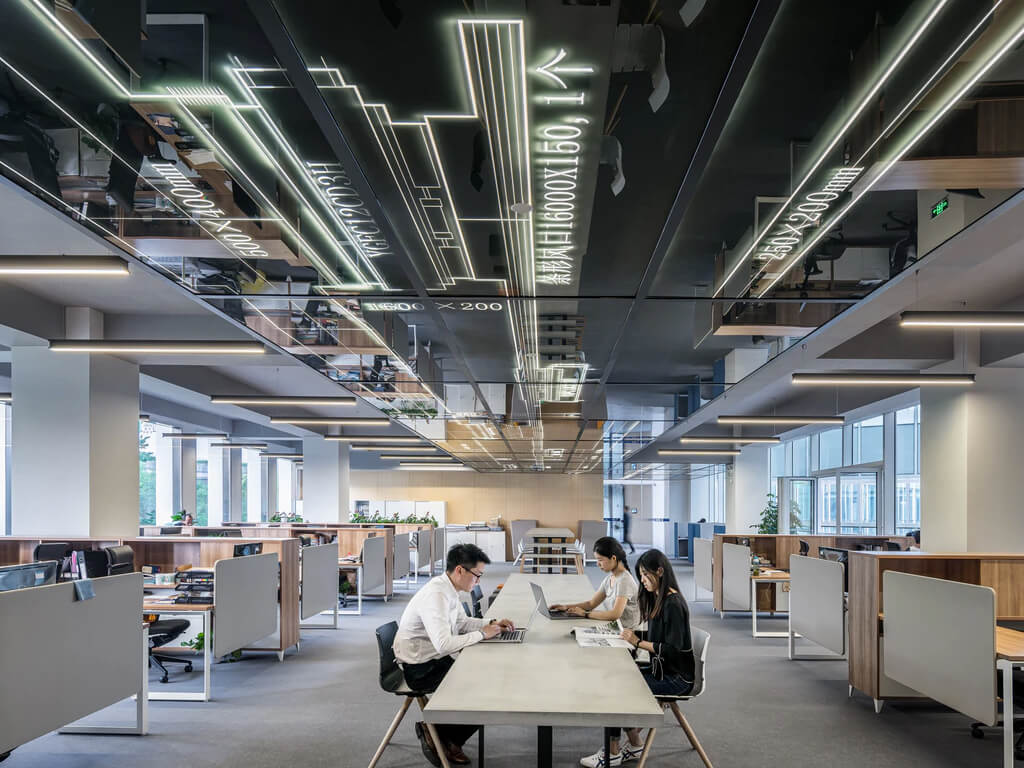
How to Choose the Right Plot for Your Dream Home
Buying land is the first and most important step in building your dream home. But many buyers focus only on location or price, and forget about deeper factors that affect construction cost, safety, and future comfort.
Here are the most important things to check before purchasing a plot:
1. Soil Condition & Foundation Type
Most people fall in love with a plot and ignore the soil condition — which can be a costly mistake.
Before finalizing, consult a civil engineer and do a basic soil test.
If the soil is weak (like clay or loose fill), you may need pile or raft foundation.
This can add lakhs to your construction budget.
2. Plot Orientation & Sunlight
The direction your plot faces affects natural light and ventilation.
North or east-facing plots are ideal for Indian climates.
A west-facing house might be hotter in the evening and increase cooling costs.
Also check for stormwater drains nearby.
3. Drainage & Water Flow
Check the slope of the land — water should drain away from the house.
Avoid low-lying plots or areas with waterlogging.
Poor drainage can damage your foundation and attract pests.
Also check for stormwater drains nearby.
4. Setback Rules & Buildable Area
Every municipality has rules about how much space to leave around the house.
These setback rules vary by location and plot size.
A small or irregular-shaped plot may not allow your dream design.
Check local building rules before you buy.
5. Road Access & Legal Pathways
Make sure the plot has clear, legal access to a road. Avoid plots with only a shared private pathway unless it's legally recorded. Confirm the width of the road — wider is better for future resale and comfort.
6. Land Title & Approvals
Always check: Title deed (ownership must be clear)
Encumbrance certificate (no legal dues or disputes)
Land use zone (residential, not agricultural or commercial)
Layout approval (if it's in a plotted development)
Consult a legal expert before making payment.
7. Utility Availability
Ask if the plot has access to : Electricity connection ,
Municipal water supply
Drainage or septic provisions
If not available, you’ll need extra space and budget for borewells, septic tanks, and transformer connections.
8. Surroundings & Future Development
Look around the area: Is it peaceful and safe?
Are there schools, hospitals, and shops nearby?
Is the area likely to develop more in the next 5–10 years?
Avoid buying next to high tension lines, dump yards, or noisy venues like wedding halls.





